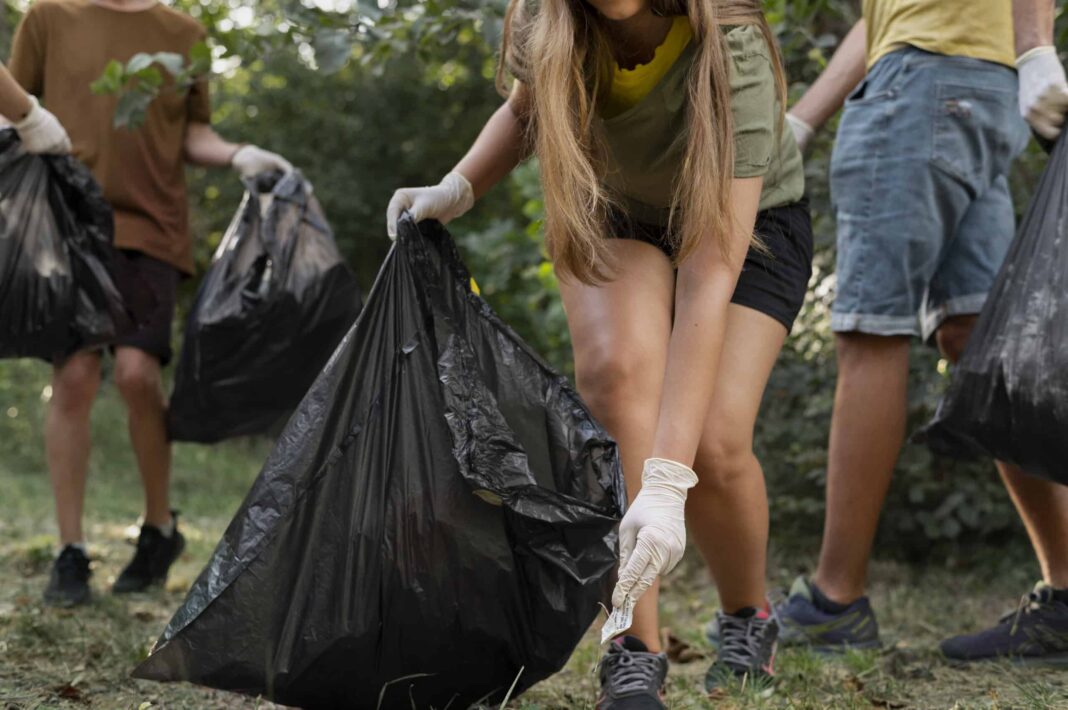The pressing need for recycling
The planet is in crisis, and recycling is one of the most crucial steps we can take to mitigate the damage. With the rise of consumerism, industry, and urbanization, we are now producing so much waste that the earth’s fragile ecosystems cannot keep up. Recycling is a process that helps us reuse and conserve resources, protect the environment, and reduce the pollution and waste we produce.
From plastic bags to computers, cardboard to steel, we generate vast amounts of waste each year. According to a recent report by the World Bank, global waste generation is expected to increase by 70% by 2050. The report also states that if we do not take action, the amount of waste we generate will quickly outstrip our planet’s capacity to cope. This is a warning we cannot afford to ignore.
The benefits of recycling
Recycling has numerous benefits. First and foremost, it helps conserve natural resources and reduce the need for extracting and processing raw materials. This, in turn, reduces air and water pollution and conserves energy. For example, recycling a ton of paper saves 17 trees, 7,000 gallons of water, and 4,000 kilowatts of energy. Similarly, recycling one aluminum can conserve enough energy to power a TV for three hours.
Another benefit of recycling is that it reduces waste and helps manage garbage. By diverting reusable and recyclable items from landfills, we can reduce the amount of waste that gets buried, burned, or dumped in our oceans and rivers. This not only reduces pollution but also conserves space, reduces the risk of contamination from hazardous waste, and minimizes greenhouse gas emissions.
Recycling also helps create jobs and stimulate local economies. The more we recycle and reuse materials, the more demand there is for recycling facilities, collection and transportation services, and recycling products. This, in turn, creates employment opportunities and generates revenue for local businesses and communities.
The challenges of recycling
Despite its many benefits, recycling faces many challenges. One of the biggest obstacles is changing people’s attitudes and behavior towards waste. Many people still view waste as a disposable item and do not see the value in recycling. Moreover, recycling infrastructure varies widely across regions and countries. Some areas lack access to recycling facilities, collection services, or markets that can process recycled materials further.
Another hurdle is contamination. When non-recyclable or contaminated materials are mixed with recyclable items, it can spoil the entire batch and compromise the recyclability of other materials. For example, a single disposable coffee cup can contaminate a whole batch of paper products, rendering them unfit for recycling. To overcome this, it is essential to educate people about what can and cannot be recycled.
Lastly, the cost of recycling is often higher than traditional disposal methods. Sorting, collecting, transporting, and converting waste into new products all require resources and energy. Hence, recycling can be more expensive than dumping waste in landfills. In many cases, recycling programs rely on government subsidies or require additional fees to cover the costs of recycling services.
Tips for effective recycling
To make recycling more effective and efficient, it is essential to follow some guidelines and best practices. Here are some tips for effective recycling:
1. Know what you can and cannot recycle. Not all products are recyclable, and some materials may be accepted only in certain areas. Check with your local recycling facility to find out what can and cannot be recycled in your area.
2. Do not contaminate recyclables. Only recycle clean and dry items. Remove food residue, liquid, and other contaminants from recyclable products to ensure their recyclability.
3. Recycle products separately. Different materials require different processing methods. Segregate paper, plastic, metal, and glass items into separate bins.
4. Follow the three R’s. Reduce your consumption of single-use items, reuse items whenever possible, and recycle products that can be recycled.
5. Buy recycled products. Support businesses that use recyclable materials in their products.
The future of recycling
Recycling is a critical component of global sustainability and will play an even more significant role in the years to come. Governments, businesses, and individuals must work together to overcome the challenges of recycling and implement more effective and efficient recycling programs.
Innovations such as advanced recycling technologies, biodegradable materials, and sustainable packaging designs are on the horizon. These innovations will help reduce waste, conserve natural resources, and create a circular economy where waste is turned into valuable resources.
Conclusion
We cannot ignore the urgency of saving our planet. Recycling is just one of the many steps we should take to reduce our impact on the environment. By recycling, we help conserve natural resources, conserve energy, reduce pollution and waste, and create a more sustainable future. It is essential to educate ourselves and take action to make recycling a part of our everyday lives. The future of our planet depends on it.
- Break the cycle of discrimination: Why every individual deserves equal treatment - 28 de mayo de 2023
- Unleash the Power of Television and Transform Your Entertainment Experience! - 28 de mayo de 2023
- Why Football Is More Than Just a Game: Discover the Passion, Unity, and Inspiration it Brings to the World - 28 de mayo de 2023



